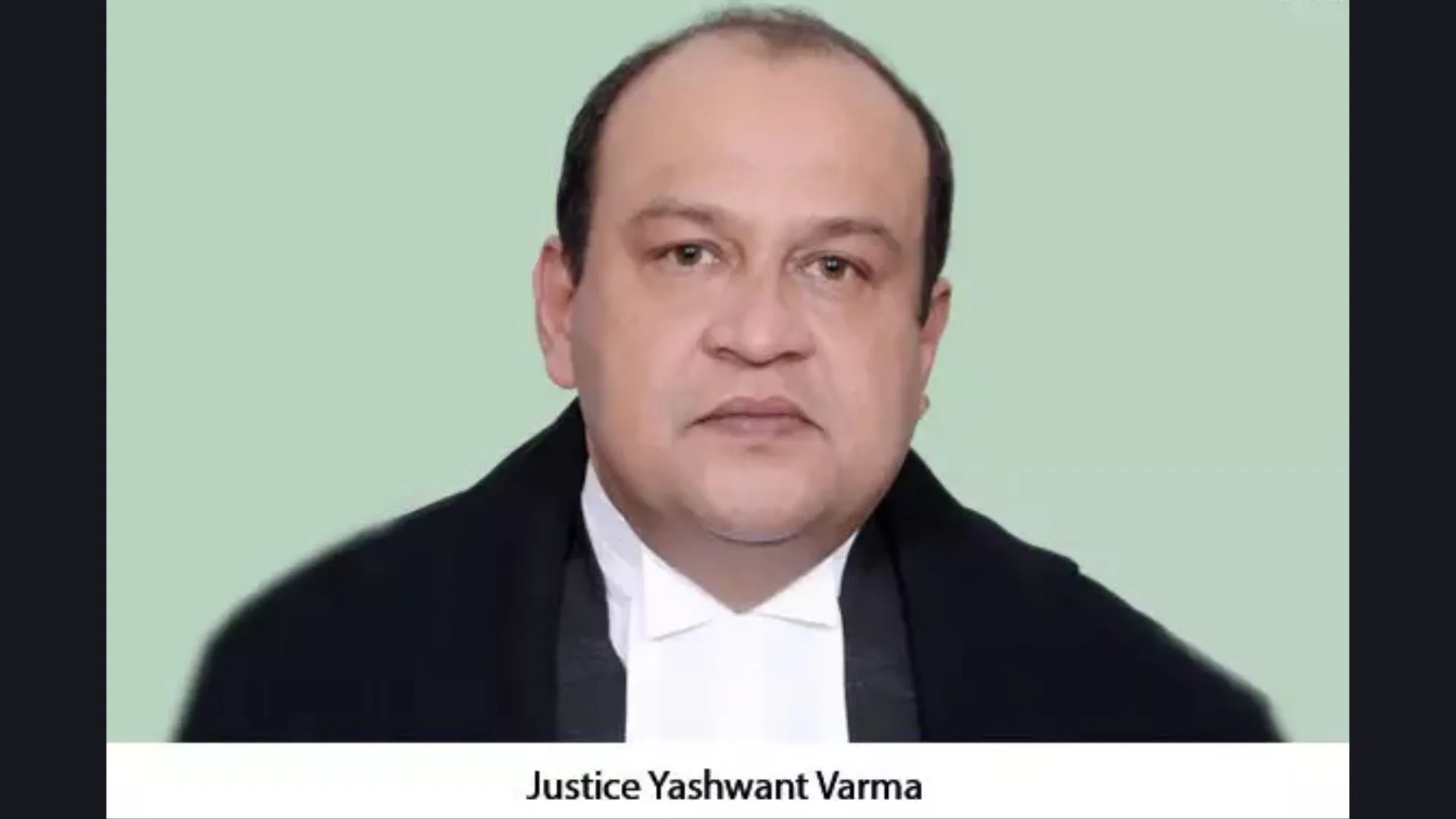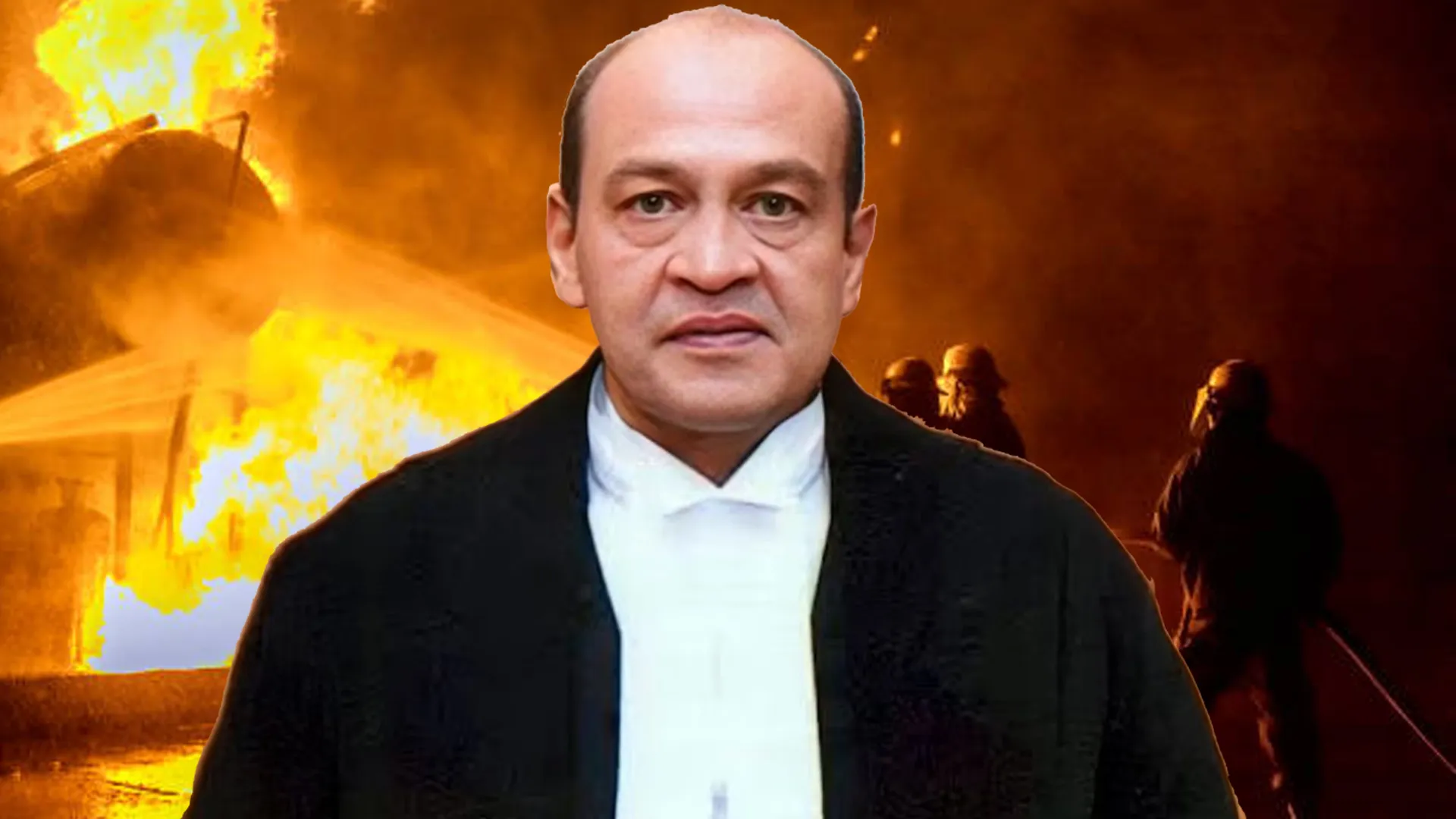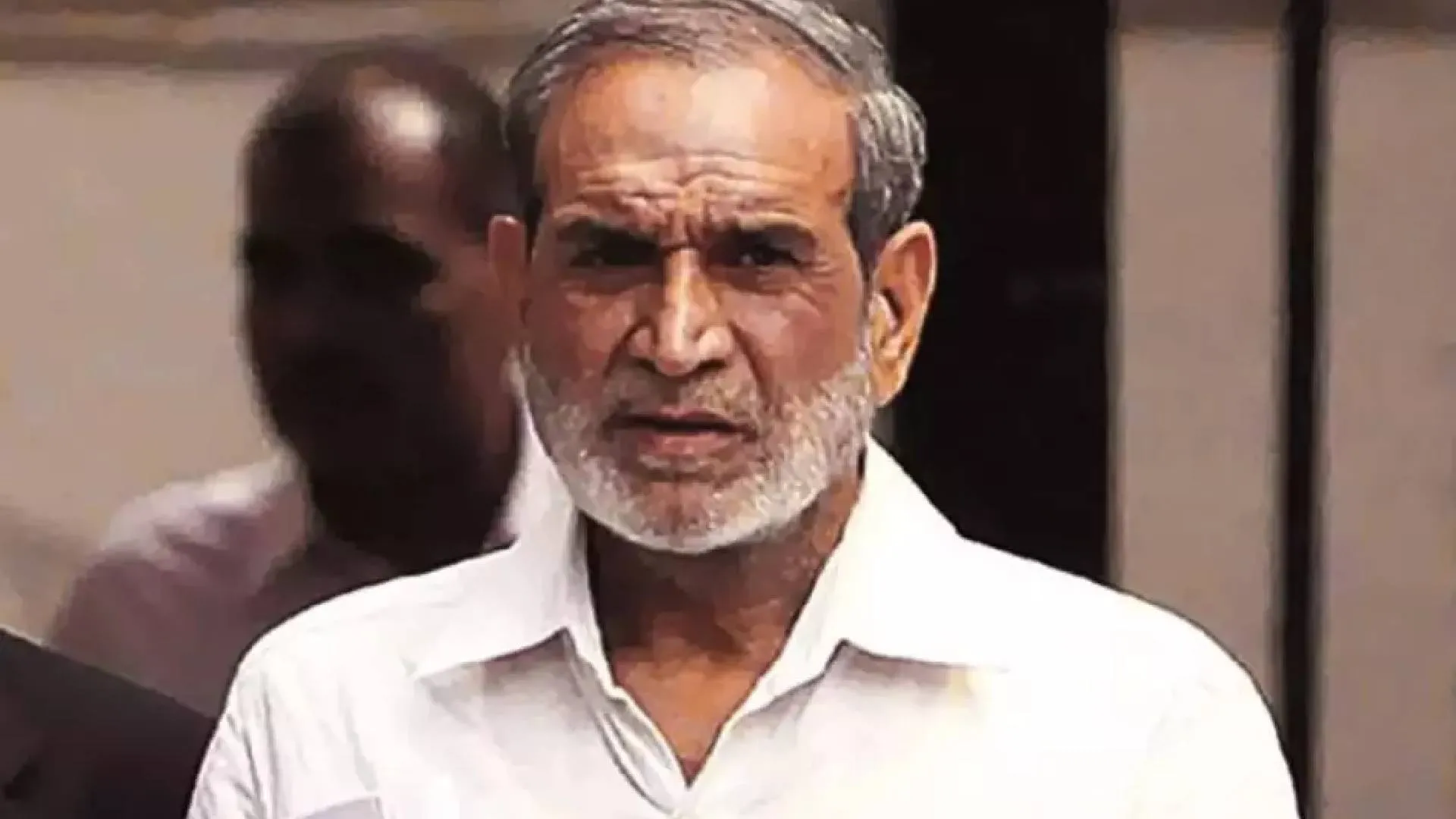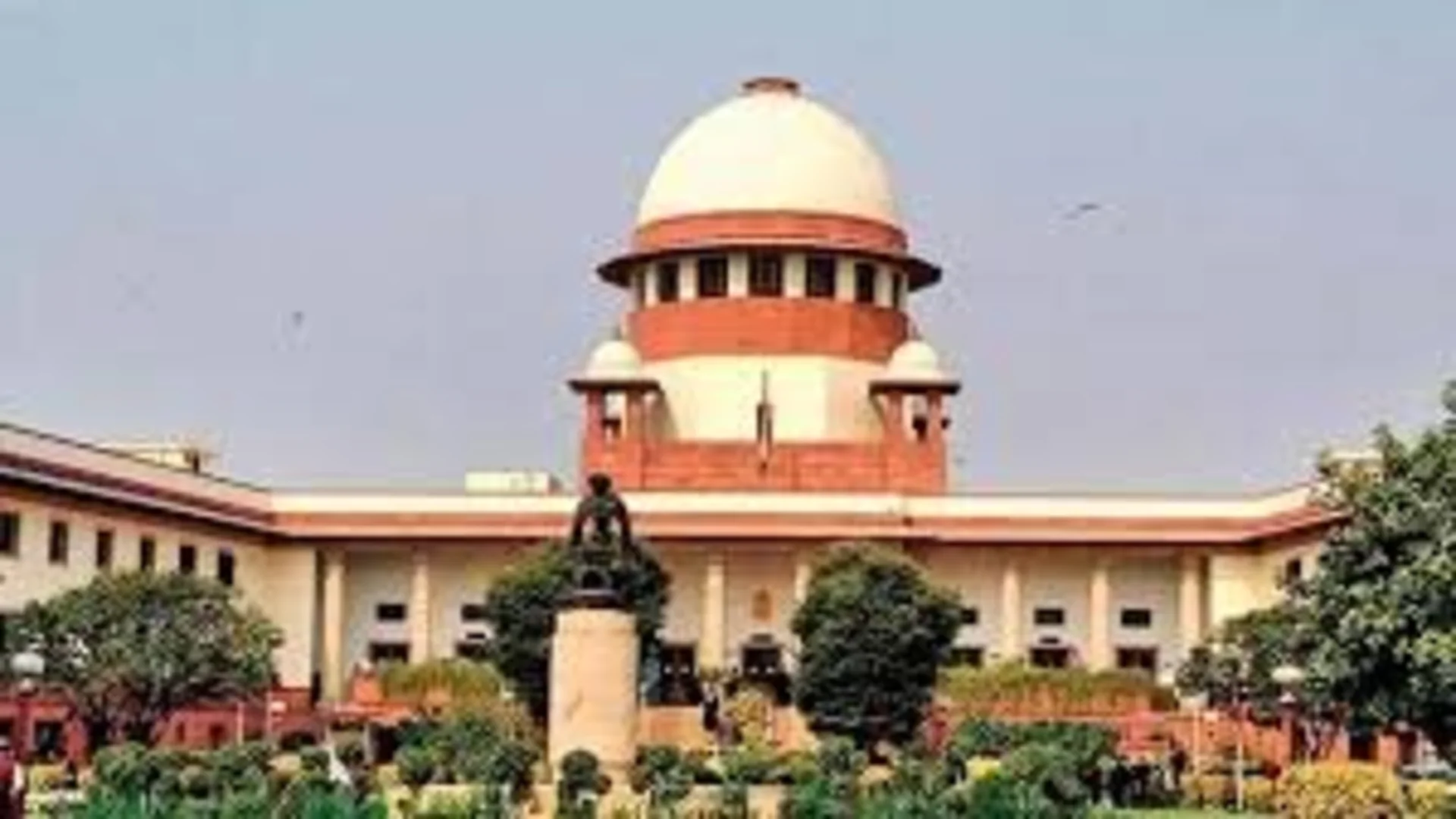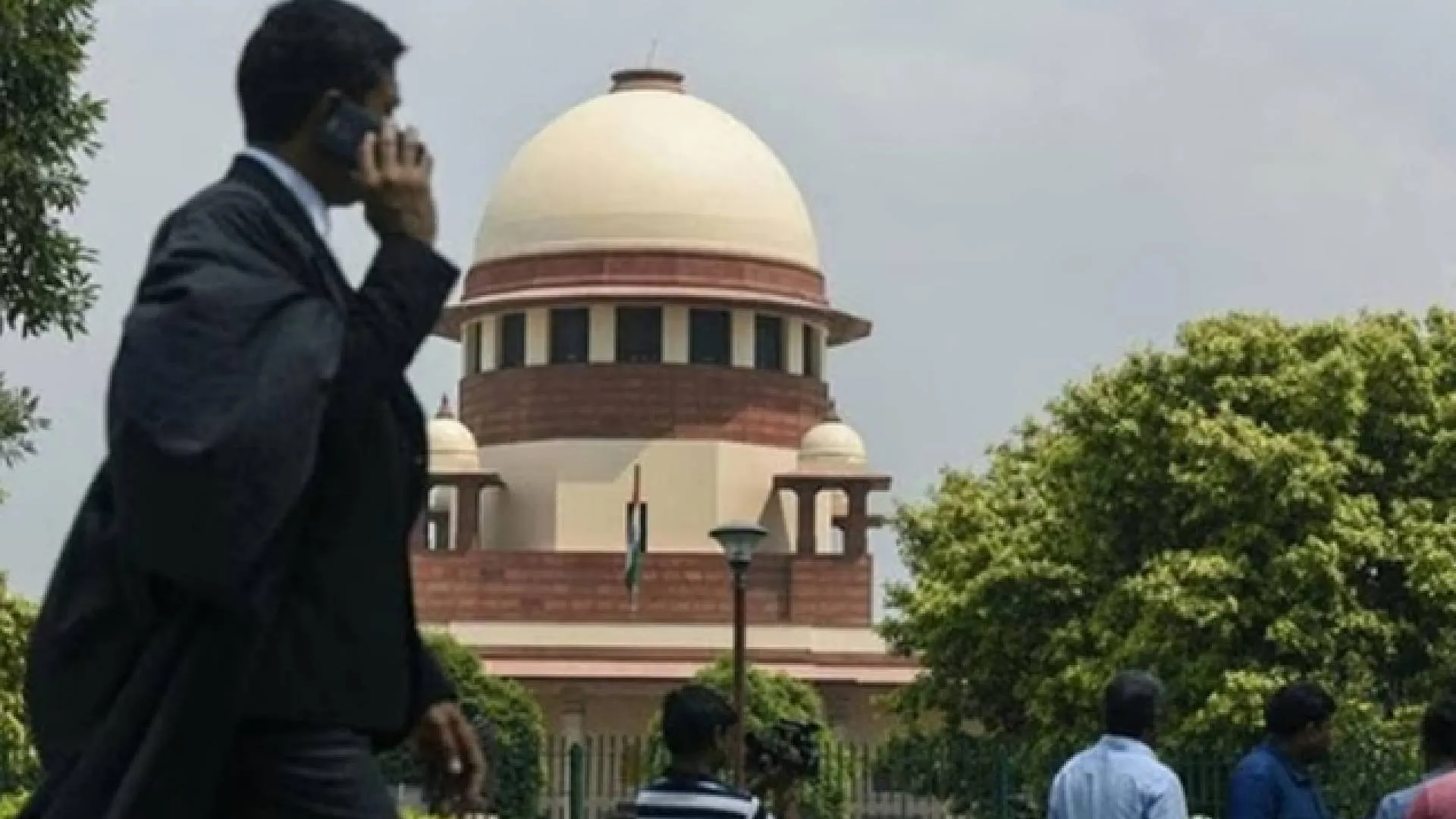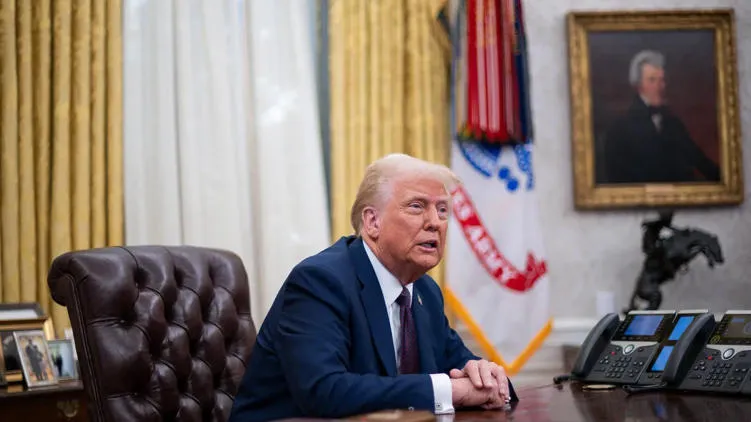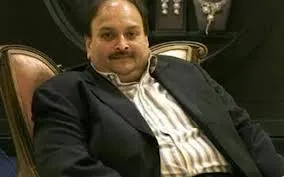Marriage is an institution through which a conjugal relationship is established between two people. The concept of marriage is as old as the concept of society. Marriage is defined as a union that takes place between two people.
Marriage is a social institution that establishes a legal and official relationship or union between two individuals. This union is regulated by different laws, rules, customs, and beliefs varying from region to region and religion to religion. It establishes rights and duties between the two, as well as between them and their families, children, and grandchildren.
In India, personal laws define aspects like marriage, divorce, adoption, inheritance, etc. Under Indian law, marriage refers to a union between two people of the opposite sex, i.e., a man and a woman. The nature of marriage in India extends from being considered a sacred sacrament to a contractual relationship, sanctioned and dissolvable under particular personal law.
SAME SEX MARRIAGE- PAST, PRESENT & FUTURE
The concept of same sex marriage mainly came into life after the decriminalization of section 377 of the Indian Penal Code by the Supreme Court of India. However, there are instances which show that the concept of same-sex marriage was also present during the Vedic age. Even in Hindu Mythology, we have witnessed instances relating to homosexuality like the Ardhnareshwar avatar which had half the characteristics of Lord Shiva and half the characteristics of Goddess Parvati.
LEGALITY OF SAME SEX MARRIAGE IN INDIA
The question came before the Hon’ble Supreme Court of India regarding the legalization of same sex marriage under the Special Marriage Act, in which the question arose regarding the legality of same sex marriage and its effect on society. The government stood against the practice of same sex marriages and stated that the concept of marriage does not merely mean two people living together, but, is recognized as a social institution between two families and the idea of same sex marriage will go against the customary practices of our society.
ARGUMENTS IN FAVOUR
The arguments put forward in favour of same sex marriage were based on the concept of equality and the right to live with dignity. The decriminalization of section 377 laid the foundation for the dignified life of LGBTQIA+ in India. But the ground reality seems to be different. Although the rights are available theoretically, the stigma is still prevalent amongst most societies and therefore, it is difficult for LGBTQIA+ to sustain a dignified life even after the verdict of the Hon’ble Apex Court. Also, not giving homosexuals the right to marry according to their choice is a violation of the right to Marry which is embodied in Article 21 of the Indian Constitution.
JUDICIAL PRONOUNCEMENTS
The case is titled Superio @ Supriya Chakravarti and Anothers. v. Union of India is the latest and most recent case dealing with the issue of same sex marriage in India. The case was filed by the petitioner for legal recognition of same sex marriages in India. And questions the provisions of personal laws that discriminate against homosexuals on the issue of marriage. Section 4(c) of the Special Marriage Act, 1954 challenged in the instant case states that a marriage can be solemnized only between a man and a woman and leaves behind homosexuals.
APPROACH OF THE SOCIETY
The concept and nature of society have changed with the advent of time and the change in the mindset of people. Many practices which were not initially considered moral by society are now legal and few which were considered legal by society like triple talaq are now declared illegal under the law of the land. Marriage is one of the most important social institutions and it is the only social practice for which the law states that the traditional and customary norms will prevail over the institute relating to marriage. There are two conflicting views relating to same sex marriage. On one hand, we can argue that the non-availability of marriage to homosexuals will hinder their legal rights and on the other hand, we may say that legalizing same sex marriage will have a deteriorating effect on the institution of marriage.
However, discrimination still exists, whether it be in employment or when renting a property. In India, not all parents are accepting of their child’s sexual orientation. Many of them exhibit some of the worst behaviours, like being abandoned, being ignored, having their inheritance rights denied, and more. However, discrimination still exists, whether it be in employment or when renting a property. In India, not all parents are accepting of their child’s sexual orientation. Many of them exhibit some of the worst behaviours, like being abandoned, being ignored, having their inheritance rights denied, and more.
SUGGESTIONS
It appears just and proper to state that questions of law involving social and customary practices need to be dealt with by balancing the jurisprudence between societal norms and law. Therefore, a positive step should be taken that not only protects the right of homosexuals relating to same sex marriage but also protects the institution of marriage.
CONCLUSION
To conclude, it is pertinent to state that, law and society are progressive in nature as they have always witnessed the change with change in time. Therefore, law and societal norms should always go hand-in-hand to prevent conflict between the two.
Every person has the right to live their life according to their terms and circumstances. We as a society may have tastes that are different from theirs, and it would be immoral to discriminate against them or put obstacles in their way of life that would cause them to suffer. Instead, we ought to let them make their own decisions without interfering.
It seems obvious that denying same-sex couples the option of marriage furthers prejudice by treating them differently. In a culture where marriage is viewed as having such religious significance, the
Of course, same-sex marriages would be permitted by personal law. However, trying to change the personal laws of all religions would be difficult. Any judicial action in this matter would be seen as a violation of religious freedom.


